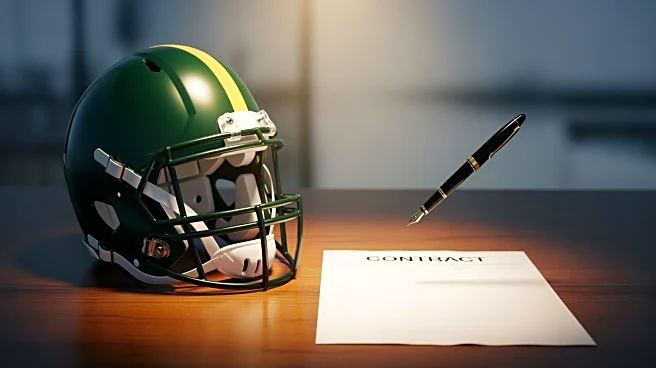Rapid Read • 5 min read
U.S. talk shows originated on radio in the 1920s, evolving into interactive formats by the 1930s. Early shows featured expert hosts, while later programs encouraged audience participation. Phil Donahue revolutionized the format by making ordinary Americans the stars of his show. Talk shows addressed taboo topics, serving as a public service. The genre proliferated due to its cost-effectiveness and broad appeal, especially among daytime audiences. New technologies and deregulation expanded the reach of talk shows, leading to syndication and international distribution. The internet further transformed the format, enabling virtual talk shows and diverse online communities.
AD
Talk shows have been instrumental in shaping media landscapes and public discourse. They provide a platform for discussing social issues, influencing cultural narratives, and reflecting societal changes. The format's evolution from radio to television and the internet highlights its adaptability and enduring relevance. Talk shows impact political landscapes, contribute to cultural conversations, and offer a sense of connectedness, making them a vital part of media history.
AD
More Stories You Might Enjoy










